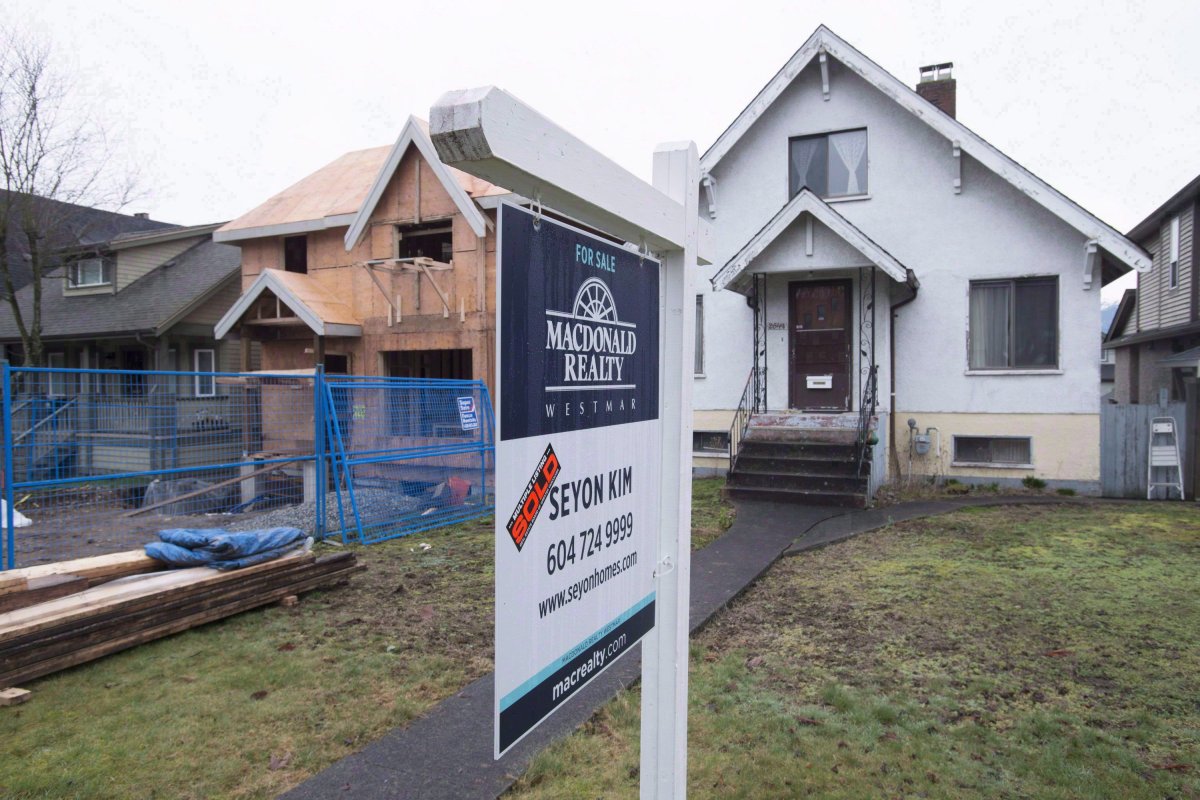Vancouver’s empty homes tax continues to be a revenue generator for the city despite drawing from a shrinking number of vacant homes, the latest report from the city finds.

Released Wednesday, the report reveals that $39.4 million in revenue was raised during the 2018 tax year, which was collected from the owners of 1,989 vacant properties.
That’s a 22 per cent drop from the number of vacant properties taxed in 2017, when 2,538 homes generated $38 million in revenue.

The revenue collected by the empty homes tax goes towards affordable housing projects and programs in Vancouver, including the creation of new housing and enhanced protections for renters.
“The main objective of Vancouver’s Empty Homes Tax is to influence property owners to put their empty properties on the rental market and the data shows that is happening,” Mayor Kennedy Stewart said in a statement Wednesday.
“For those who choose to keep their properties unoccupied, we appreciate their contributions to the funds that are supporting various, much-needed affordable housing initiatives across the city.”
Another 892 property owners were charged the tax after non-compliance audits were performed on an additional 8,457 properties between Nov. 2, 2018, and Nov. 1, 2019. Those audits raised an additional $22.1 million.
That’s way up from the same period a year ago, when $6.2 million was raised from 331 property owners charged after audits on 6,231 homes.
In addition to the drop in vacant properties, the city found the number of properties tenanted went up by seven per cent from 2017 to 2018, from 46,770 to 50,102.
Properties declared as principal residences also shot up one per cent, from 131,347 to 132,815.
Vancouver’s empty homes tax took effect in 2017 as a way to fight back against rampant speculation and foreign ownership that left many homes in the city empty during the recent housing crisis.
The policy requires homeowners to prove their homes are occupied for at least six months out of the year by either themselves or renters. Otherwise, they’re charged an additional one per cent tax on the property’s assessed value.

The city says $17 million from the 2018 revenue will go towards the Community Housing Incentive Program, which council approved to give grants to housing developers who provide social or co-op housing.
The city will also purchase the Ross House, a 24-unit single-room occupancy (SRO) building in the Downtown Eastside, for $3.8 million, while also contributing $1.7 million to revitalize other SRO housing projects.
A combined $5.83 million will be put towards supports for renters, including the city’s renters advocacy and services team.
“From securing safe, warm homes in the Downtown Eastside, to increasing support for renters and providing grants to non-profit housing providers, lives are being changed by the revenue generated from the Empty Homes Tax,” said the city’s general manager of arts, culture and community services, Sandra Singh.
The empty homes tax has not come without controversy. Multiple lawsuits have been filed by homeowners and developers after they were charged the tax and denied appeals by the city.
The city says council will debate proposed amendments to the empty homes tax at its next meeting on Nov. 26, including extending the deadline for homeowners to submit a challenge to the tax to 90 days.




Comments